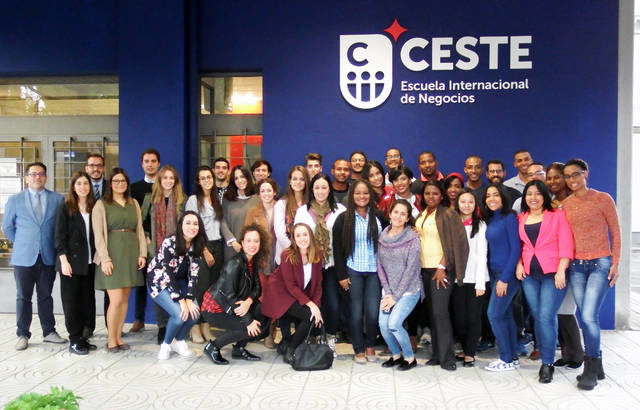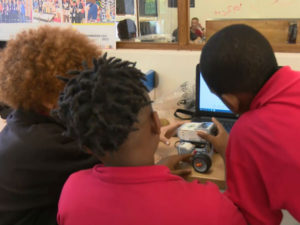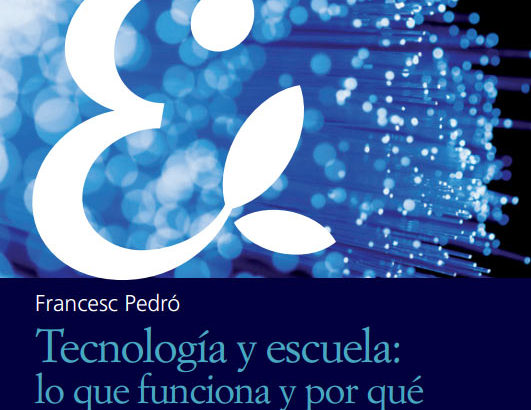Sudáfrica/Diciembre de 2016/Fuente: It News Africa
RESUMEN: La educación robótica comenzó hace más de una década en Sudáfrica. Sin embargo, el 90% de los alumnos en el país todavía no están expuestos a los fundamentos de la robótica. Hace menos de un mes, el departamento de educación redujo el nivel de aprobación de las matemáticas al 20%, elevando la espantosa perspectiva de una generación sin habilidades matemáticas, ya que el mundo en general abraza una cuarta revolución industrial.
Robotic education started over a decade ago in South Africa. However, 90% of pupils in the country are still not exposed to the fundamentals of robotics. Less than a month ago, the education department decreased the pass standard of mathematics to 20%, raising the frightening prospect of a generation without mathematical skills – as the world at large embraces a fourth industrial revolution.
This revolution, also known as Industry 4.0 is building, and South Africa is not prepared. In early 2000, the slow growth of robotics in South Africa was linked to cultural and socio-economic issues. But today, it is an entirely different issue as government seems to still prefer to promote arts and culture above science, technology, engineering and mathematics (STEM). Private schools in South Africa are already ahead of public schools, teaching pupils on robot education and investing in STEM subjects to upskill the pupil’s knowledge for the future.
The Deutsche Schule Pretoria has a robotics lab and with the help of leading global provider of technology and services Bosch, they have an outreach initiative established to share robot skills with those from disadvantaged communities in the Pretoria area. The robotics lab is open to over 130 outreach schools including Nantes and Norridge Park from Eersterust, Christian Boys College as well as Pula Difate, Koos Matli and Sikhanyisele from Mamelodi, with robotic skills and knowledge to build and design robots.
According to Dr. Markus Thill, President of Bosch Region Africa, as part of the Agenda 2063 of the African Union, there are certain elements that are relevant to robotics. The one is education, the second is self-sustainability and the third is industrialisation.
South African pupils, especially those in townships and rural areas need to be empowered to engage in robot education and to take subjects such as IT, science and mathematics – as 15 out of the 20 growing jobs require mathematics and science. At the rate the country is going, in the future the poverty and unemployment rates will only continue to increase.
Thill said, “STEM subjects teach pupils how to code the literacy of the future. This initiative is very close our hearts, we are investing in Africa and in the future. As the continent will need engineers and mechanics.”
DSP pupils are taught robotics in classrooms from kindergarten to high school. The school’s curriculum includes extensive use of robotics and over 200 of the pupils from the Bosch Robotics Lab participate in robotics at national competition level annually.
On 21 November 2016, Bosch sponsored five pupils to travel to New Delhi, India and compete in the World Robot Olympiad. The WRO Competition is open to pupils from all over the world to come in and showcase their robots. The Bosch team was made up of the Hackers from DSP and the Infernos from the outreach school. The Infernos designed a robot that cleans dirty areas while the Hackers created a robot that could play soccer.
Six teams from South Africa qualified for the 2016 World Robot Olympiad, with one team the Mecha Strikers from the Western Cape winning all four games in the Robot Football category. Other categories at the robotics competition – which was attended by more than 450 teams from 50 countries, some as young as 6 years old, while others were approaching university graduation – asked participants to create robotics solutions to reduce or recycle waste, leading teams to create robots that emptied trash bins or pick up up building debris for future use.
“Robot education is very important. It has the ability to curb unemployment and poverty. Currently, the youth are at home with degrees that they cannot use because what they have studied is not what is needed,” says Warren Markley, Head of Robotics at DSP.
Robot education will play a fundamental role in solving some of the problems that South Africa is facing. As pupils who are introduced to STEM subjects are motivated to be involved in creating future technology and are prepared with some of the most invaluable skills such as problem-solving, logical reasoning, critical thinking and creativity.
Therefore, it is critical that pupils not only learn how to use the technology but also compete in world competitions that provides them with the knowledge and understanding of how to create robots. “South Africa has great potential and we believe that if we teach pupils at a young age on how to design and build, we are providing them with the tools to think logically and change something quickly,” says Thill.
Fuente: http://www.itnewsafrica.com/2016/12/technology-key-to-gear-sa-pupils-into-the-4th-industrial-revolution/











 Users Today : 27
Users Today : 27 Total Users : 35459622
Total Users : 35459622 Views Today : 64
Views Today : 64 Total views : 3418036
Total views : 3418036